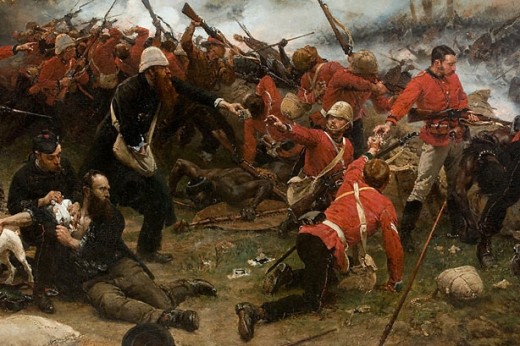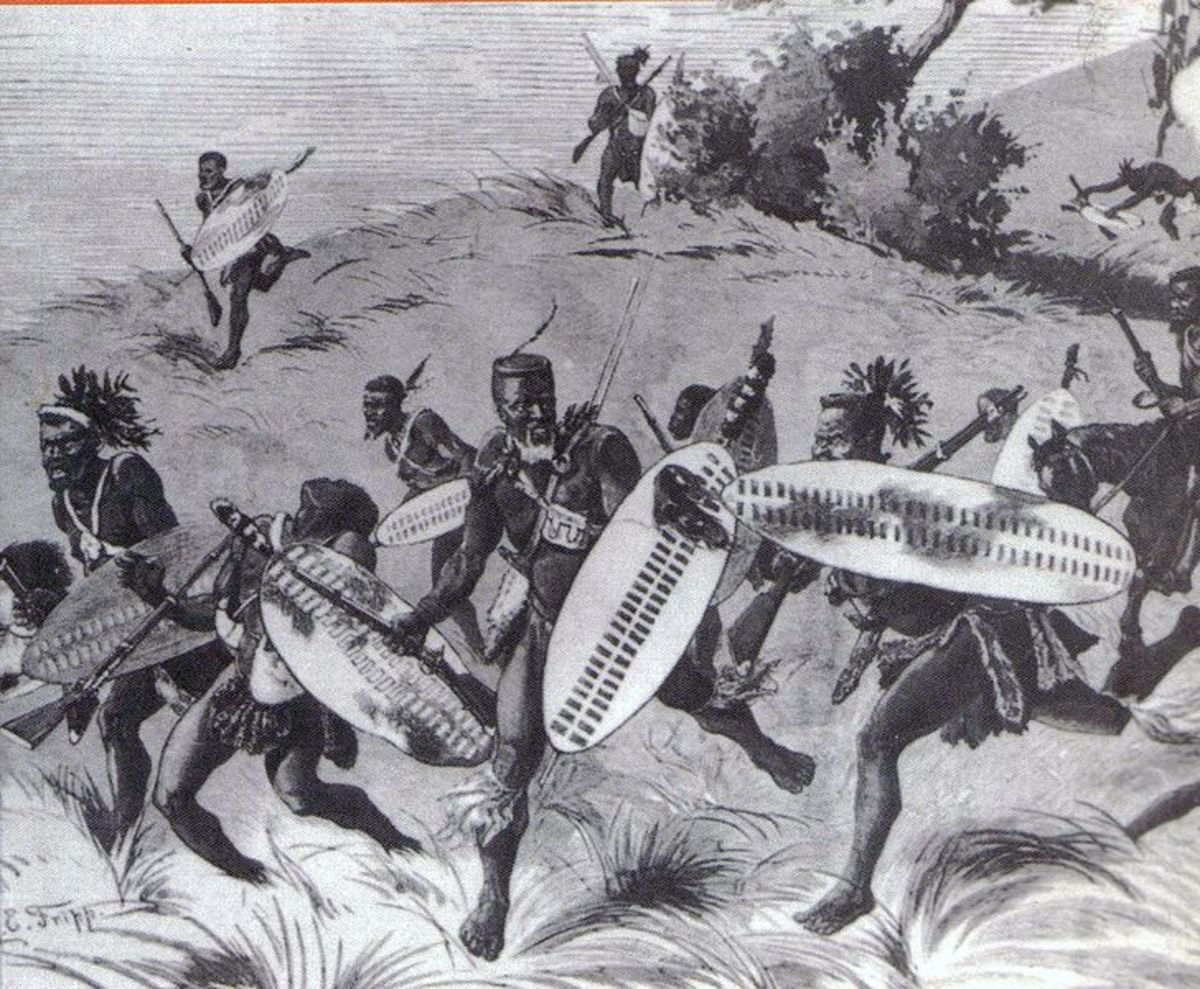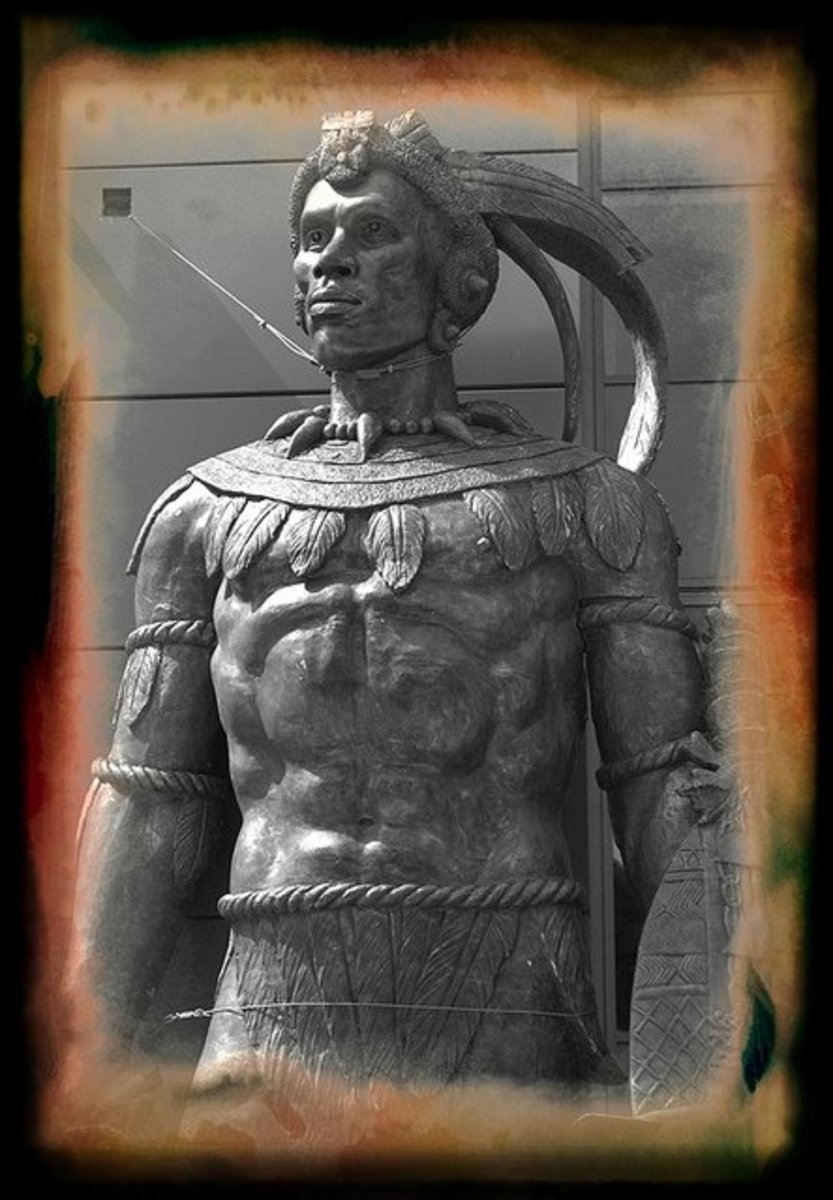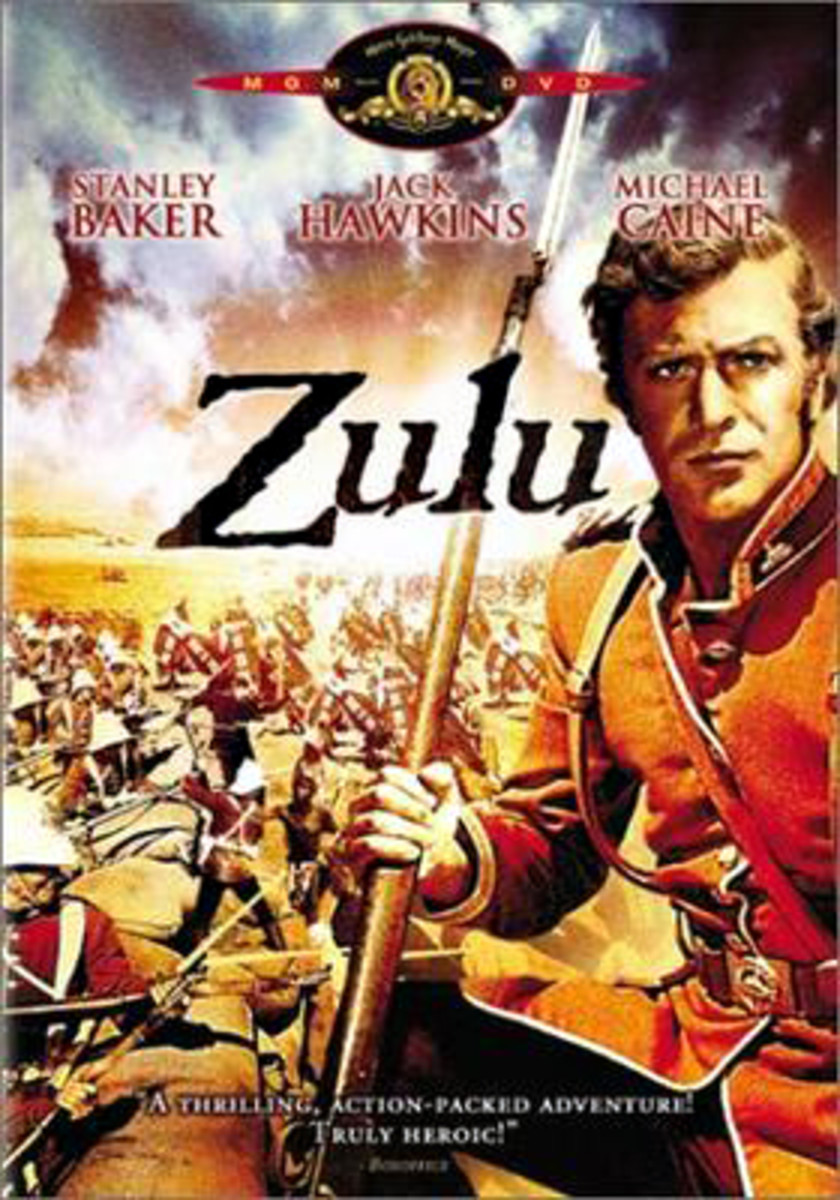Battle of Rorkes Drift - 1879 Zulu War
At Isandlwana on January 22 1879 an army of over 20000 Zulus overwhelmed and destroyed the main British force preparing to invade Zululand. They Zulu warriors showed no mercy and in less than two hours they had slaughtered and ritually disemboweled over 1200 British soldiers. They Zulus were a force on the march and they turned their attention to a small outpost guarding a hospital at Rorke's Drift with the intention of destroying everything in their path. This is the fascinating story of a small garrison of men led by an inexperienced junior officer that despite being out numbered by over fifty to one managed to pull off one of the greatest military stand in history. In the process a record number of Victoria Cross's were handed out recognizing some of the most remarkable acts of bravery ever preformed by men in the field.

The men of B Company , 2nd 24th, who were stationed at Rorke's Drift were first alerted of the impending attack from the fugitives of Isandlwana. Lieutenant Chard, who was a Royal Engineer and Lt Bromhead (24th) started to tak steps to fortify the post with bags a mealies and boxes of biscuits. They instructed the men in the hospital to construct loopholes. As soon as the Zulus were sighted a detachment of Natal's Native Contingent and their European officers leaped over the wall and fled. Chard the senior officer present was left in charge with a mere 140 men with just over half of these fit for duty. At around 5.30pm on January 22nd the first waves of attack begin.
Zulu
Wave after wave of Zulu warriors attacked these brave men of the 24thand every time they were repelled. The ground was littered with Zulu bodies and spent rifle shells. Until finally the Zulus penetrated the walls of the hospital and killed many of the bed ridden soldiers. PteHitch and Hook, both VC recipients showed immense bravery to help out many of the sick and wounded to the final redoubt. By midnight the British soldiers had retreated back to their last line of defence and still they repelled the Zulu warriors. With many of the Zulu warriors at the point of exhaustion and trying to advance over piles of dead Zulus, by 4am the attacks begin to dry up. There had been continuous rifle fire for nearly twelve hours and as dawn broke, the remaining seventy odd men were astonished to find themselves hemmed into the final redoubt by Zulu bodies. At 7am the Zulus appeared once more but then disappeared never to return. In recognition of their bravery in this extraordinary action, eleven Victoria Crosses were awarded to the defenders. When the Zulu king Cetshwayo learned the extent of the Zulu casualties at Rorke's Drift he said 'An assegai has been plunged into the belly of the Zulu nation'.









